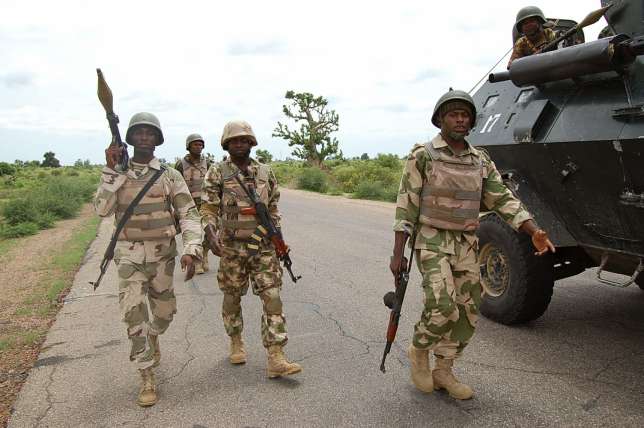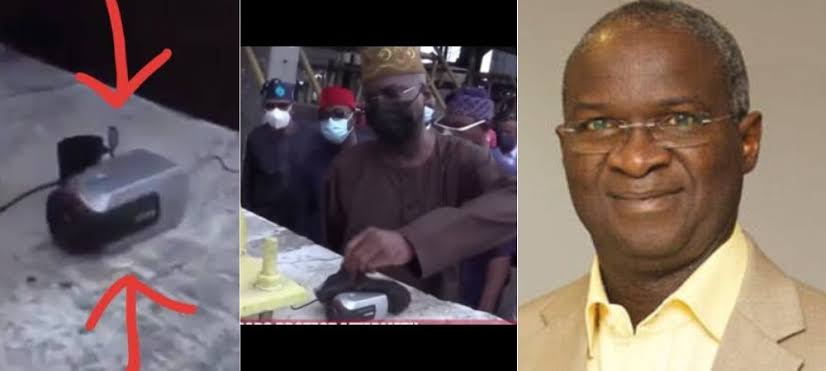The Nigerian Army says it will not disclose the identities of its officers who were sent to Lekki tollgate on October 20, 2020. Soldiers had shot at
The Nigerian Army says it will not disclose the identities of its officers who were sent to Lekki tollgate on October 20, 2020.
Soldiers had shot at #EndSARS protesters who prevented vehicular movement along that axis for two weeks, killing some. The incident had triggered different reactions, within and outside the country, as the military and the federal government were accused of human rights abuse.
There are reports of many persons killed by soldiers.
“It is against operational security. We don’t give that. It is against the policy of operational security. There is no problem here. The picture some people paint, as if we are fighting with the state government, is wrong,” the newspaper quoted him to have said.
The army had initially denied being responsible for the incident. In separate tweets, the army had labelled the reports on soldiers opening fire at the tollgate as fake news.
But last week, Olaniyi confirmed that soldiers were the ones who carried out the operation. He had said the Lagos State government invited the army to restore order after widespread violence.
“At no time did soldiers of the Nigerian Army open fire on any civilian. From the onset of the ENDSARS protest, there was no time personnel of 81 Division Nigerian Army Lagos were involved,” he had said in a statement.
“However, the decision to call in the military was taken by the Lagos State Government (LASG) after a 24- hour curfew was imposed. This was as a result of the violence which led to several police stations being burnt, policemen killed, suspects in police custody released and weapons carted away. The situation was fast degenerating into anarchy. It was at this point that LASG requested for the military to intervene in order to restore normalcy.
“The intervention of the military followed all laid down procedures for Internal Security operations and all the soldiers involved acted within the confines of the Rules of Engagement (ROE) for Internal Security operations.”


